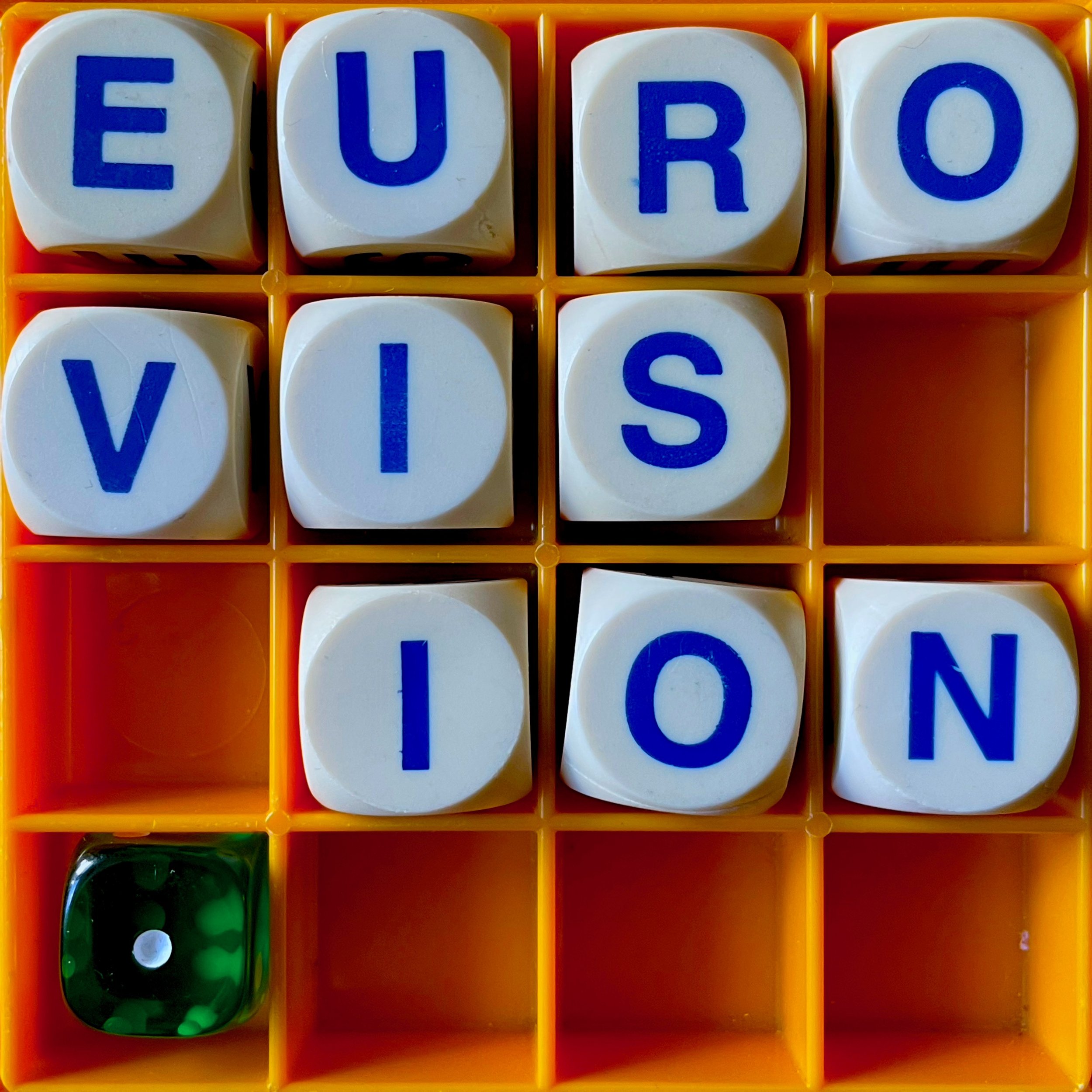There aren't many multilingual, multinational television shows that have been running for nearly seven decades. But what makes the Eurovision Song Contest so special to me is not the music, or the dancing, or the costumes that range from spangletastic to tear-off: no, it's the people butting heads about language. Historian Dean Vuletic, author of Postwar Europe and the Eurovision Song Contest, recounts the many changes in Eurovision's language rules, and its language hopes and dreams.
Read moreAllusionist 164. Emergency
When is a war not a war? When the British Empire called it an 'emergency' so they didn't have to abide by wartime rules or lose their insurance payouts. Artist and journalist Sim Chi Yin reflects on the Malayan Emergency, a 12-year conflict that doesn't get talked about much now by either side; and historian Charlotte Lydia Riley considers the various reasons why the British opted for the term 'emergency', and why they don't celebrate even when they supposedly won them.
Read moreAllusionist 159. Bufflusionist
Grab your stake and crucifix pendant, we're going vampire-hunting! Well, vampire-etymology-hunting. The podcast Buffering the Vampire Slayer, which recaps the TV show Buffy the Vampire Slayer episode by episode, invited me to answer their listeners' questions of language that the show had provoked. Together with BVTS hosts Kristin Russo and Jenny Owen Youngs, I tackle the etymology of coven, vampire/vampyre, wigging out, the name Buffy and Bovril; as well as google as a verb, conlang on TV, and why Latin is so often the language of spells and spookiness.
Read more



